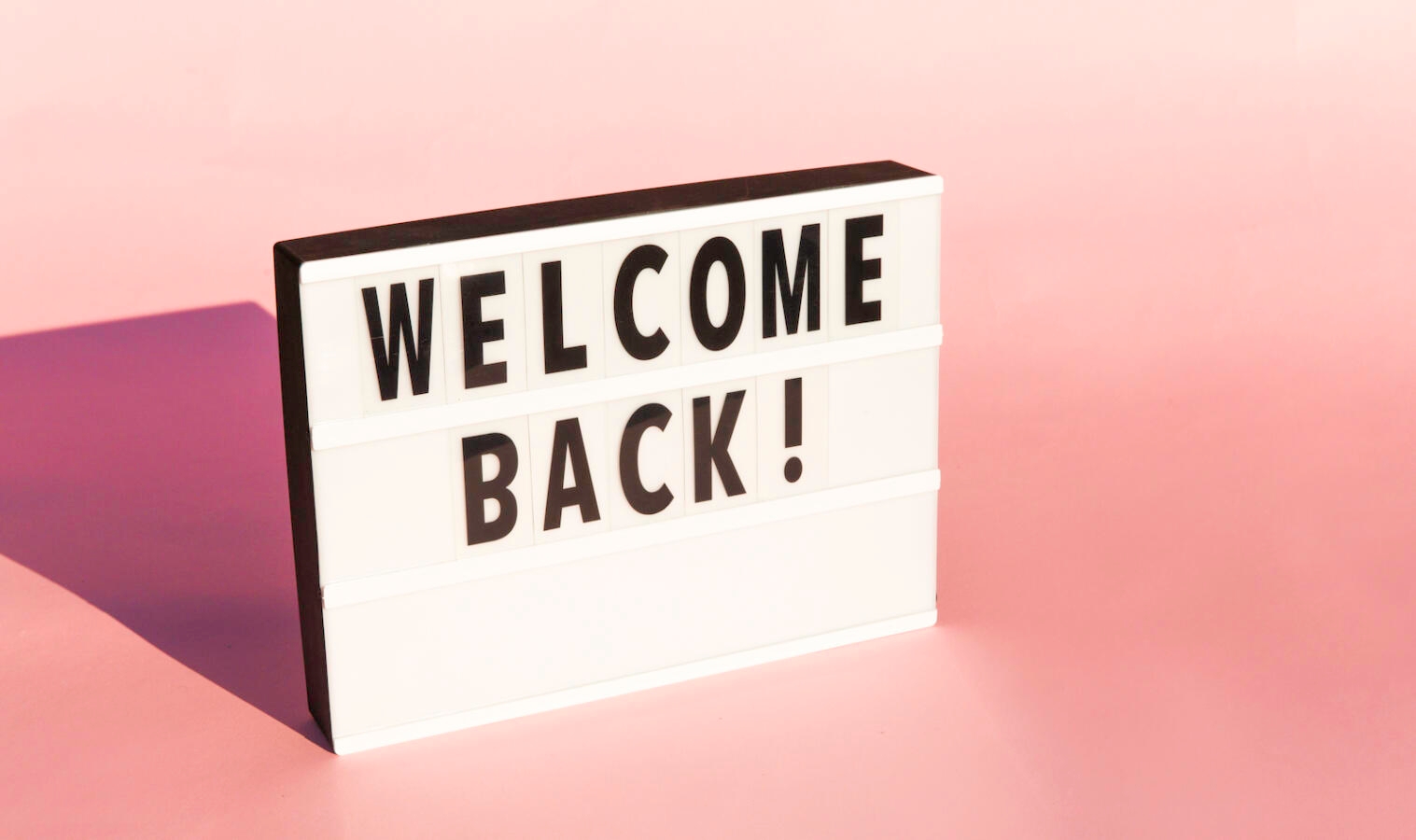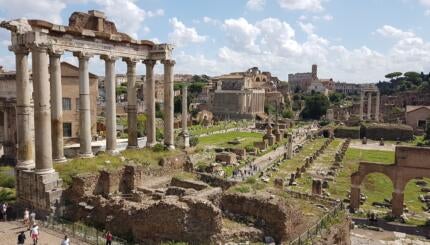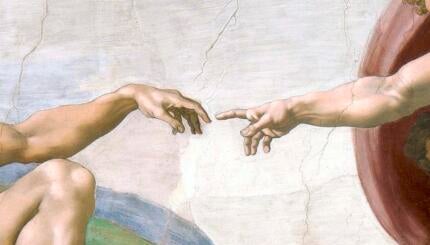Two stories about land:
A few years ago, a friend of mine, a German professor of Lutheranism at the University of Potsdam, spent a sabbatical year teaching in California. We met for lunch after he had been in Los Angeles for several months and he confessed two areas of surprise and disappointment. The first, predictably, is that American beer is awful. The second is that just as Jews visit Holocaust memorials in Germany testifying to the atrocities committed by the Nazis, he wanted to visit the American monument to Native Americans but couldn’t find it. I was mortified. There should be hundreds of such monuments in every state, but he couldn’t find even one. Our amnesia is shameful.
Second story: As a child, I was raised with a love of being Jewish but with very little traditional observance. The first time I saw tefillin was while I was away at college. When I returned home, I told my grandmother about those tefillin. She went into the hallway closet and rummaged around the top shelf, emerging with a wrinkled paper bag from which she drew an ancient set of tefillin that had belonged to her father, my great-grandfather. I took them with me to Jerusalem and had them checked and fixed. And from my hotel balcony, facing the walls of the Old City, I prayed the ancient Hebrew words that our people have recited from that spot for millennia. I imagined how miraculous such a moment would have seemed to my great-grandfather: Someday, your great-grandson will be a rabbi, and he will pray in a liberated, Jewish Jerusalem, capital of a democratic and free Jewish state, wearing your tefillin. My heart was so full I could barely breathe.
Land matters. It grounds our identity and roots us in our past. In some cases, it links us to our most ancient and venerable beginnings, for good and for ill. I know that in California, I am living my life on land first loved and cared for by the Gabrielino/Tongva peoples who embraced what became Los Angeles as Tovaangar. In a very real sense, I am living on their heritage, and I owe them gratitude, repentance, and awareness.
With your help, My Jewish Learning can provide endless opportunities for learning, connection and discovery.
This week’s Torah portion, Parashat Behar, speaks of the powerful rootedness of the Jewish people in the land of Israel. Leviticus 25:9-13 teaches:
You shall have the horn sounded throughout your land, and you shall hallow the fiftieth year. You shall proclaim release throughout the land for all its inhabitants. It shall be a jubilee for you: each of you shall return to their holding and each of you shall return to their family … In this year of jubilee, each of you shall return to their holding.
Every 50 years, the jubilee bids us to return all real estate holdings to their original caretakers. The Torah here establishes a series of occasions when possession and power retreat into the deeper reality of simply being and experiencing. Over the span of a half-century, families would lose and gain wealth and prominence, forcing some to sell off their estates. By implementing the return of real estate amassed during the prior 49 years, the Torah recognizes the link between Jewish people and their landholding in Israel as irrevocable.
What makes the year a jubilee is that after seven cycles of seven years — a holy number multiplied by a holy number — we arrive back at the beginning. Financial dominance and shortfall are eliminated, wiped clean. And everyone begins again, returning to their family’s plot of land, to their always home. The land endures, and in its embrace we have a chance to renew, to refresh, to begin again. We can correct our trajectory, striving each time to emerge from the vitality of its life-giving soil fresh, verdant, and sustaining.
No surprise to learn that the new jubilee is announced on Yom Kippur, the holy day of self-reflection and stock-taking, a day for renouncing our shortcomings and flaws. This is the day of ultimate hope, that through teshuvah (repentance or return) we need not be bound by our past, nor condemned forever by our bad choices. On that very day, a day of knowing and seeing ourselves truly, we are planted in the earth, springing once more from Zion, nestled in family, land, and sacred time.
In other words, on the day that we are most truly ourselves, we deserve to nestle once more in our ancestral homeland. On that day, authentically ourselves, we can go home again.
This article initially appeared in My Jewish Learning’s Shabbat newsletter Recharge on May 21, 2022. To sign up to receive Recharge each week in your inbox, click here.



